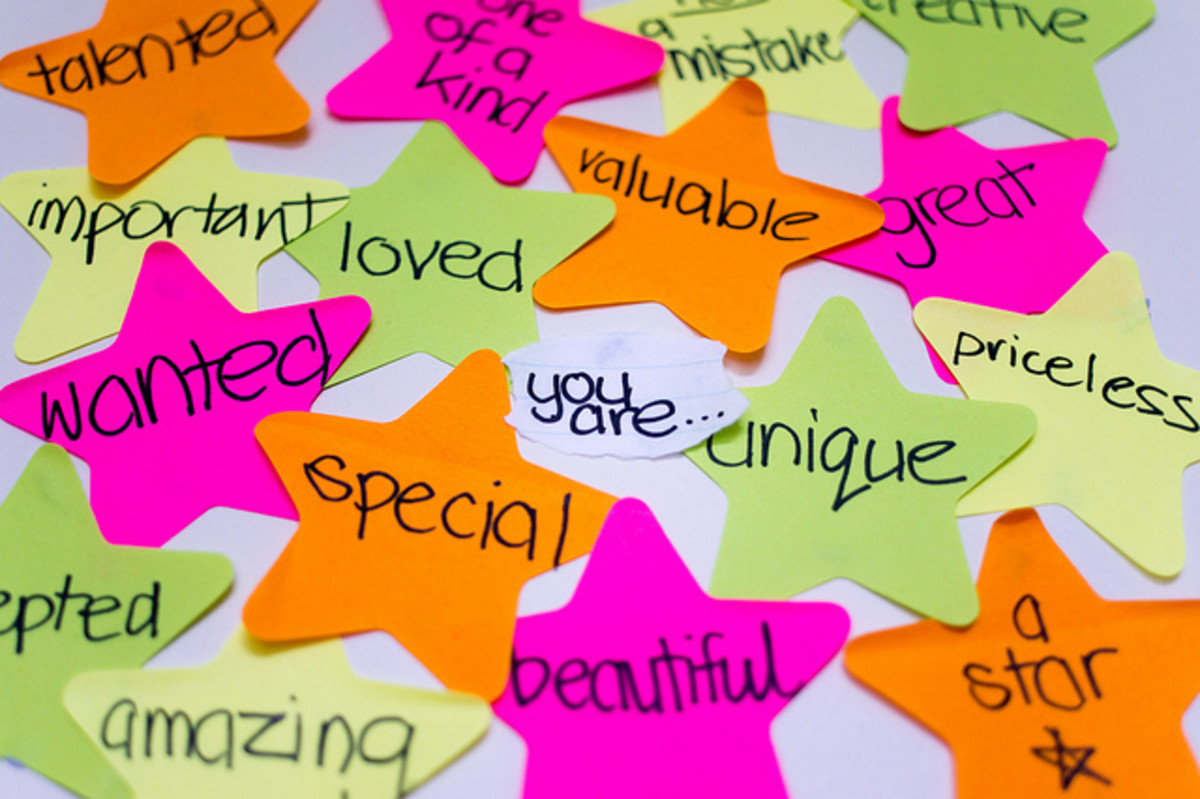Why Trying to Improve Your Self-Esteem Doesn’t Work
May 11, 2020
Categories: Self-Esteem
When I was a kid, self-esteem was a big deal. We had programs in school that tried to help us feel better about ourselves. We got participation trophies in sports, irrespective of whether we were the star player or bench warmer.
Not Much Good
Looking back, all those self-esteem programs didn’t do me a whole lot of good. I still felt bad about myself when I was rejected by a girl I liked. Even though I got a trophy, I could tell that I spent most of my sports career sitting on the bench. I wasn’t fooling anybody.
The Sociometer Theory of Self-Esteem
It took me awhile to figure out why those self-esteem programs failed me. But once I learned more about how self-esteem actually works, it made a lot more sense. Psychologist Mark Leary has done a lot of work on self-esteem, and he says that how self-esteem works is actually different from what most people think.
Self-esteem isn’t just how I think about myself and evaluate my life. Instead, self-esteem taps into our perceptions of how other people either accept or reject us. He calls this the sociometer theory of self-esteem. In other words, we sense from our environment whether other people are accepting or rejecting us, and from that we get our self-esteem.
Acceptance vs. Rejection
From an evolutionary psychology perspective, this makes a lot of sense. What good is it from an evolutionary perspective if I feel great about myself? It probably didn’t make a big difference. However, what about the degree to which we are accepted or rejected by our peers? This could make a huge difference in our survival, and so our sense of self-esteem likely evolved to track this all-important metric.
Symptom of the Problem
So, what does this mean for all those self-esteem programs? Basically, it doesn’t make a lot of sense to try to encourage self-esteem directly. If self-esteem is just a metric of the degree to which we are accepted or rejected, trying to improve our self-esteem is just getting at the symptom of the problem. It’s not tackling the problem itself.
Dig Deeper
If you want to actually improve your self-esteem, you have to dig deeper. If you have low levels of self-esteem, it is likely that you are perceiving rejection from your community. Maybe you can’t get a date. Or, you got cut from the team. Instead of trying to just feel better about yourself (which doesn’t really work), the key is to try to get to the bottom of why you are being rejected. What’s under the surface? What could you improve about yourself that would lead to higher levels of acceptance and lower levels of rejection? If you really want to move the needle on self-esteem, that’s where you need to intervene.
Discussion
What has been your experience with self-esteem? Did self-esteem programs work for you? What do you think of Leary’s sociometer theory, which says that self-esteem tracks the degree to which you are accepted or rejected in your environment?

Related Thoughts

Subscribe To My Newsletter
Join my mailing list to receive the latest blog posts.
Receive my e-book “The Mental Health Toolkit” for free when you subscribe.

